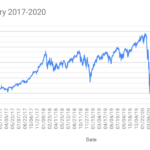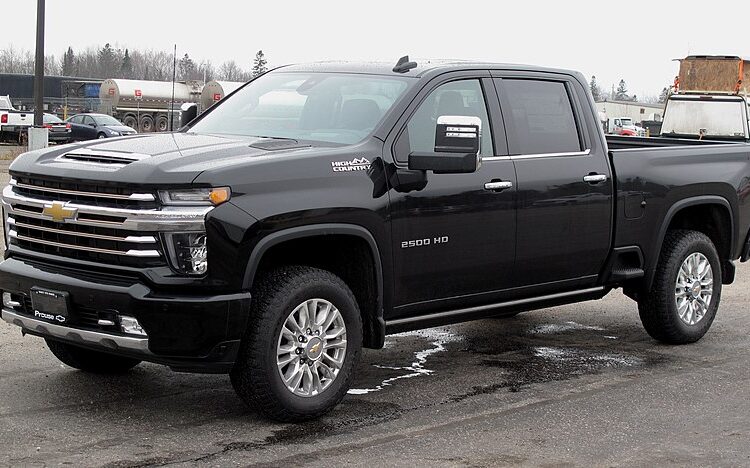Consumers prefer the designs and features of older cars over high-tech replacements
- The average age of vehicles in the U.S. is 12.6 years, with passenger cars averaging 14 years
- Buyers are opting for used and off-lease cars and trucks instead of new vehicles
- Consumers believe that older cars are not only cheaper but better than new ones
- New vehicles come with features and designs that are less desirable to consumers
- Touch screens and other digital features in new cars are disliked by many buyers
The average age of vehicles in the U.S. has increased to 12.6 years, with passenger cars averaging 14 years. This has led many buyers to opt for used and off-lease cars and trucks instead of purchasing new vehicles. The high cost of new vehicles, with an average transaction price of around $47,000, along with rising insurance premiums, has made used cars a more affordable option. However, another factor influencing this trend is the belief among consumers that automakers’ latest offerings are inferior to the products they are replacing. Many consumers prefer the designs and features of older cars, such as three-pedal stick-shifted manual transmissions and built-in CD players. They also dislike the touch screens and other digital features found in new cars. This shift towards used cars reflects a broader sentiment that older cars are not only cheaper but better than their high-tech replacements.·
Factuality Level: 2
Factuality Justification: The article contains a lot of tangential information about the age of vehicles in the U.S., personal opinions about new cars, and historical context about car manufacturing. It lacks concrete evidence or data to support the claims made, and the overall tone is more opinionated than factual.·
Noise Level: 3
Noise Justification: The article provides detailed information on the average age of vehicles in the U.S., consumer trends, and the shift towards electric vehicles. It includes examples and opinions from industry experts and consumers, offering a comprehensive analysis of the current state of the automotive industry. However, some parts of the article contain repetitive information and anecdotal evidence, which can be considered noise.·
Public Companies: S&P Global Mobility (N/A), Toyota (N/A), Mini (N/A), Ford (N/A), BMW (N/A), Lexus (N/A), Kia (N/A), Nissan (N/A), Maserati (N/A)
Key People: Myles Leevy (Owner/Driver of a 2011 Range Rover), Lee Klancher (Publisher in Austin, Texas), Paul Williamsen (Product Education Manager for Lexus College based in Plano, Texas), John W. Lindsey (Attorney in Davis, Calif), Dan Barkin (Retired Newspaper Editor in Clayton, N.C), Brock Yates Jr. (Organizer of the annual One Lap of America road race), Bob Burns (Off-Road Driving Instructor), Klaus Busse (Maserati’s Global Head of Design)
Financial Relevance: No
Financial Markets Impacted: No
Financial Rating Justification: The article discusses consumer preferences and trends in the automotive industry, but it does not directly pertain to financial topics or impact financial markets or companies.·
Presence Of Extreme Event: No
Nature Of Extreme Event: No
Impact Rating Of The Extreme Event: No
Extreme Rating Justification: ·
 www.wsj.com
www.wsj.com 





